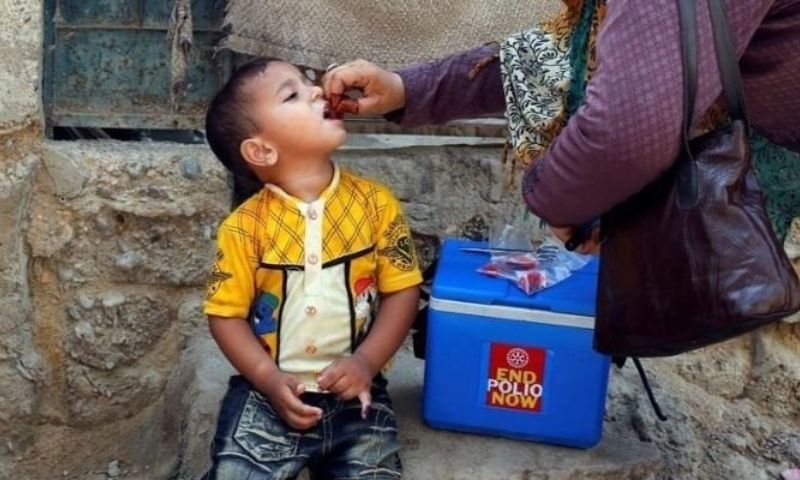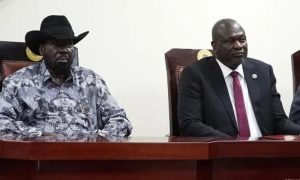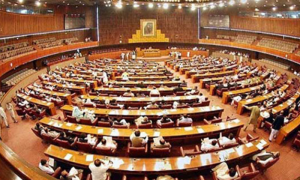ISLAMABAD: Pakistan’s anti-polio program announced on Saturday the detection of three new cases of the poliovirus, including the first case in Khyber Pakhtunkhwa province, bringing the total for the year to 21.
The new cases were reported from Killa Abdullah district in Balochistan, Keamari district in Sindh, and Mohmand tribal district in Khyber Pakhtunkhwa, according to the regional reference laboratory for polio eradication at the National Institute of Health in Islamabad.
Along with Afghanistan, Pakistan remains one of the last polio-endemic countries in the world. Since late 2018, Pakistan has experienced a resurgence of cases, underscoring the vulnerability of the progress made in the previous three years.
“It is heartbreaking to see these new cases, particularly in regions where the virus continues to spread undetected,” stated Ayesha Raza Farooq, the Prime Minister’s focal person for polio eradication. “Every new case represents a child whose life will be forever affected by a disease that can be easily prevented through vaccination.”
Farooq emphasized the government’s commitment to revitalizing its polio eradication efforts and urged parents to take responsibility.
Among the three new cases, Khyber Pakhtunkhwa reported its first case: a 9-month-old girl from the Mohmand tribal district. According to the Provincial Emergency Operations Center (EOC) for Polio, initial investigations revealed that the child had received no routine immunizations and had only been given polio drops twice in the last four campaigns.
KP Chief Minister Ali Amin Gandapur has ordered an inquiry into the situation, instructing the health secretary to suspend both the Mohmand district health officer and the polio coordinator.
“Those responsible for the inadequate polio campaign in District Mohmand must be identified and held accountable,” Gandapur stated. “Action should also be taken against the staff from partner institutions and relevant government officials.”
The federal government has updated its National Polio Eradication Emergency Operations Plan to address critical gaps in campaign quality, such as access for migrant populations, vaccine acceptance, and service delivery ahead of the 2024 campaigns.
The polio program noted, “Before the end of the year, Pakistan will implement two large-scale, house-to-house campaigns that are essential for closing immunity gaps and reversing the virus’s spread.”
National Coordinator for the Polio Emergency Operations Center Anwarul Haq emphasized the urgency of vaccination. “Each new child affected by polio highlights the gaps in immunity,” he remarked. “It is our collective responsibility to ensure that children do not miss their vaccination opportunities.”
Pakistan’s polio eradication program began in 1994, and while cases have significantly declined since then, the country still faces numerous challenges, including militancy that targets polio workers, particularly in Khyber Pakhtunkhwa. The program has also adapted to respond to climate disasters like floods but continues to encounter disruptions, especially in areas where the virus remains active.























